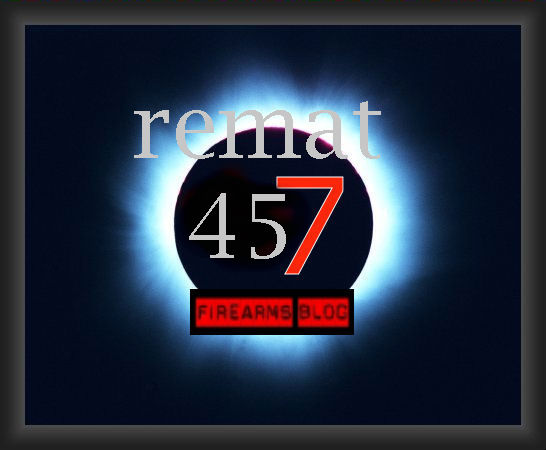I get asked about multi-state carry quite a bit. Since being former UTAH CFP instructor (my certification expired and I did not renew) I am glad to see that more and more states recognize each other's CCW licenses. In more good news 49 states in the Union issue CCW licenses (post here). Many even recognize those that have licenses from a state other than their home state. Utah and Florida CCW licenses are often regarded as the best to hold since they both issue to non-residents and are recognized by the majority of states (20-30).
Not all is good news though. Not all states issue licenses to non-residents and even more states don't recognize any out-of-state licenses.
To confuse matters even more some states only recognize out-of-state licenses only if they are a resident of the issuing state. For example, Florida is one of those states. In order to use Utah CFP reciprocity in Florida you must actually be a resident of Utah.
There is Federal Legislation pending to provide for National recognition of a CCW license, much like a driver's license is. It is H.R. 822. More information about it can be found in my blog post: HERE. I don't know how far it will get, but we can always hope.
More bad news is that some states have taken nitpicking reciprocity and looking for any small reason to not honoring other states licenses. States usually have a 'similar provisions' requirement. This means that as long as the requirements for a CCW license in state A is "similar" to state B it should be honored. Unfortunately, in some cases this has been interpreted to mean "EXACT." States have been dropped from reciprocity for differences as minute such as:
- State A's license is good for 4 years and state B's was recently extneded to 7 years. This is why you may have noticed Florida has been dropped from some state's reciprocity.
- State A only requires x hours of training while State B requires additional hours, or State A requires live fire while State B does not. This is why you have seen Utah dropped from some state's reciprocity.
When traveling you are required to adhere to the rules of the state you are in. Just because your home state allows you to be in an age restricted area (bar) doesn't mean that you can in another. In fact, some states do not even allow you to CCW in a restaurant that even serves alcohol.
DISCLAIMER: I am only talking about being in the same vicinity of alcohol. Legality aside, it should be obvious that the consumption of alcohol and CCW'ing is a bad idea.
If it sounds like a lot of fuss it is because it is. When I traveling I ALWAYS consult with the laws of each state. Easier said then done?
The best two resources for beginning CCW research laws that I have found are (not surprisingly) Utah's and Florida's reciprocity websites. They each have links to the State(s) in question that you can click on and go to directly. Occasionally, a State's link does change. If it is bad you can fish around the provided link and can usually find the new one. Florida is a little different in the fact that it is issued by the Dept of Agriculture.
Links:
- Utah Dept of Public Safety Reciprocity Page
- Florida Dept of Agriculture - Conceal Carry Reciprocity Page
I hope that you find this useful. Let me know!


